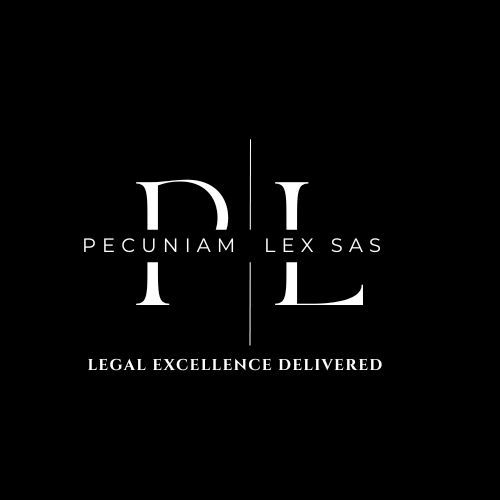Conducting Due Diligence on Buyers of Shelf Companies
Phillips J. Diaz-Vicioso LL.M.
January 13, 2020
The gold-weigher (1654) by Salomon Koninck

While the focus is often on the due diligence process conducted by buyers towards shelf companies, the scrutiny applied to buyers themselves is equally important. This process ensures that the transfer of ownership complies with legal and regulatory standards, particularly concerning anti-money laundering (AML) and counter-terrorism financing (CTF) regulations. Here's an overview of the due diligence process for buyers of shelf companies, highlighting key areas of focus to ensure compliance and mitigate risks.
Identity Verification
Personal Identification
Buyers must provide valid personal identification documents, such as passports or national ID cards. This step verifies the buyer's identity and is crucial for compliance with Know Your Customer (KYC) regulations.
Address Verification
Proof of address through utility bills, bank statements, or government correspondence confirms the buyer's residential or business location, aiding in the assessment of jurisdictional implications and tax obligations.
Financial Standing
Source of Funds
Understanding the source of the buyer's funds is essential to ensure they are derived from legitimate means. Buyers may be required to provide bank statements, earnings reports, or documents evidencing the sale of assets.
Ability to Fund the Purchase
Evidence of the buyer's financial capacity to complete the purchase without resorting to illegal or unethical funding sources further mitigates financial risks associated with the transaction.
Background Checks
Criminal Record
A clean criminal record is often a prerequisite, ensuring that the buyer has not been involved in activities that could compromise the shelf company's legal standing.
Political Exposure
Politically Exposed Persons (PEPs) undergo additional scrutiny due to their heightened risk of involvement in corruption or money laundering. Buyers identified as PEPs may need to provide more detailed information to proceed.
Compliance and Regulatory History
Business Affiliations
Reviewing the buyer's past and present business affiliations can reveal potential conflicts of interest or associations with entities of dubious legality.
Compliance Records
A history of compliance with business, financial, and regulatory obligations in previous ventures indicates the buyer's commitment to legal and ethical practices.
Strategic Intentions
Business Plan
While not always mandatory, understanding the buyer's intended use for the shelf company can provide insights into the future direction of the entity and its alignment with legal and regulatory frameworks.
Industry and Market Engagement
Knowledge of the buyer's experience and engagement in the relevant industry or market can assess the potential success and legitimacy of the shelf company's future operations.
Conclusion
Due diligence on buyers of shelf companies is a critical component of the ownership transfer process, ensuring that the transaction aligns with legal, regulatory, and ethical standards. By verifying the identity, financial standing, background, compliance history, and strategic intentions of buyers, sellers can mitigate risks and contribute to a transparent, lawful business environment. Engaging with professionals experienced in conducting thorough due diligence can facilitate this process, ensuring that all parties meet their obligations and uphold the integrity of the transaction.












